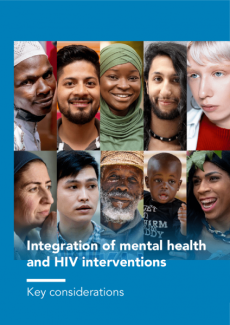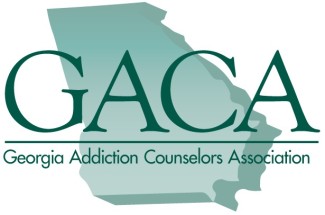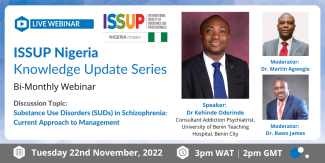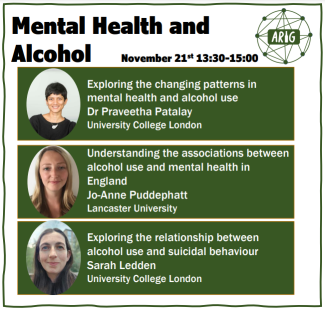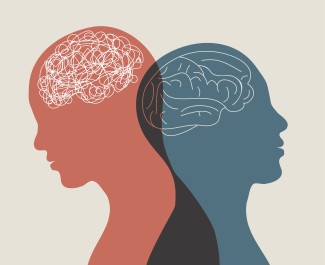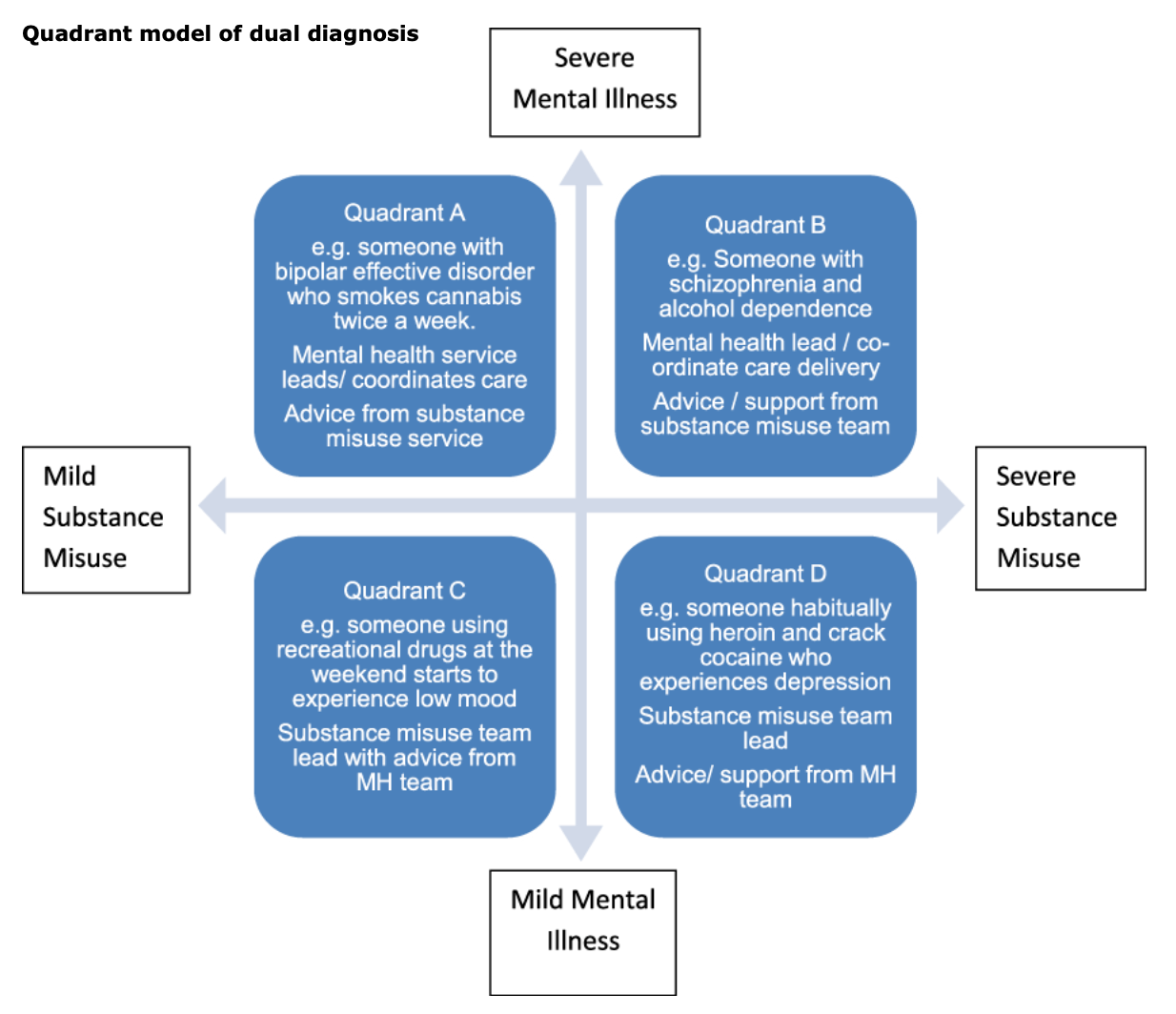Tom Santo Jr presented at the NDARC Webinar Series on Thursday, 16 February 2023.
How do childhood trauma and mental disorders affect health, treatment and social outcomes among people with opioid dependence?
Research has found that people who experience childhood trauma and mental disorders increase the risk of opioid dependence. However, little research has examined the impact of childhood trauma and mental disorders among people with opioid dependence. This webinar examines the health, treatment and social outcomes among people with opioid dependence.
Our speaker, Tom Santo Jr provides...

